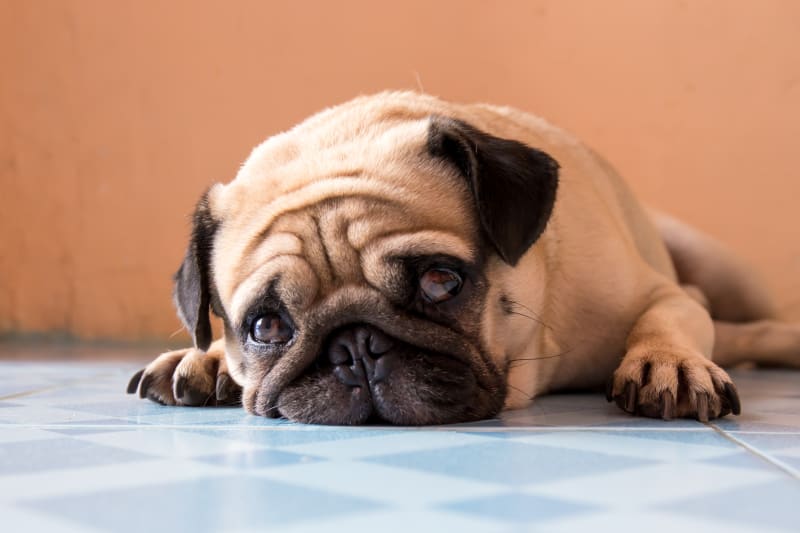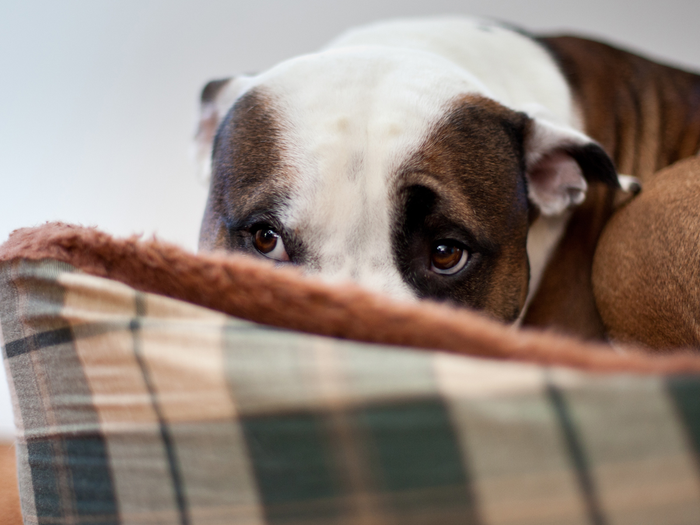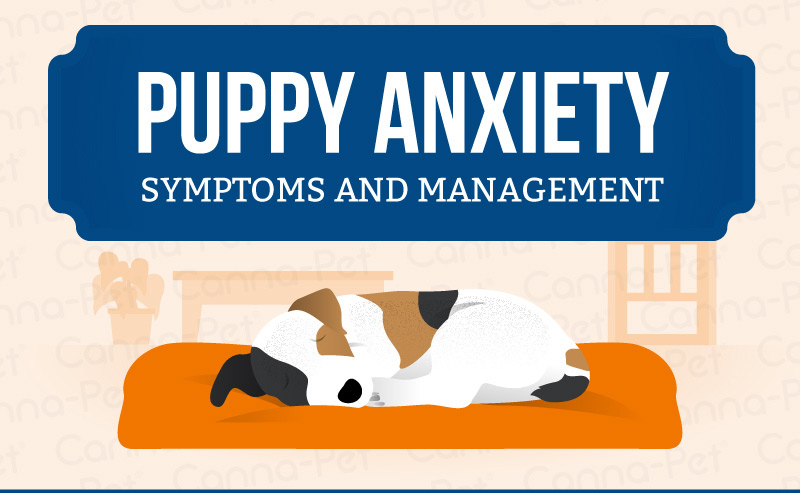Training your puppy can be a rewarding experience, but managing anxiety in your pup requires patience and understanding. This guide offers essential tips for the best dog training methods to help recognize and manage puppy anxiety, ensuring a happy and confident pet.
Understanding Puppy Anxiety
Signs of Anxiety in Puppies
Recognizing anxiety in your puppy is the first step towards managing it. Look out for these common signs:
- Excessive barking or whining
- Trembling or shaking
- Hiding or avoiding people and other animals
- Destructive behavior, such as chewing furniture
- Excessive licking or grooming
Causes of Anxiety
Understanding the root causes of your puppy’s anxiety can help tailor your training approach:
- Lack of Socialization: Puppies that haven’t been exposed to various environments, people, and other animals may develop anxiety.
- Separation Anxiety: Puppies left alone for extended periods can become anxious.
- Past Trauma: Rescue puppies or those with a history of neglect or abuse may have anxiety issues.

Best Dog Training Techniques for Managing Puppy Anxiety
Gradual Socialization
Gradual socialization is crucial for building your puppy’s confidence:
- Introduce New Environments Slowly: Start with calm, familiar settings and gradually introduce new places.
- Positive Reinforcement: Reward your puppy with treats and praise for calm behavior in new environments.
- Controlled Exposure to Other Dogs: Arrange playdates with well-behaved, calm dogs to build positive social experiences.
Creating a Safe Space
Providing a safe space for your puppy can help alleviate anxiety:
- Comfortable Crate: A crate can serve as a secure, den-like space. Ensure it’s comfortable with bedding and toys.
- Quiet Area: Designate a quiet area in your home where your puppy can retreat when feeling overwhelmed.
Training Exercises
Incorporate these training exercises to manage anxiety:
- Desensitization: Gradually expose your puppy to anxiety triggers at a low intensity, rewarding calm behavior.
- Counterconditioning: Pair the anxiety trigger with positive experiences, such as treats and playtime.
- Basic Commands: Teaching basic commands like “sit,” “stay,” and “come” can provide structure and boost your puppy’s confidence.

Using Calming Aids
Consider these aids to help manage your puppy’s anxiety:
- Thundershirts: These snug-fitting shirts can provide comfort and reduce anxiety.
- Calming Treats and Supplements: Natural calming treats and supplements can help soothe your puppy.
- Aromatherapy: Calming scents like lavender can create a peaceful environment.
Routine and Consistency
Establishing a Routine
A consistent routine can help reduce anxiety by providing structure:
- Feeding Schedule: Feed your puppy at the same times each day.
- Exercise Routine: Regular exercise helps burn off excess energy and reduce anxiety.
- Training Sessions: Short, consistent training sessions can reinforce positive behavior.
Consistent Commands and Rewards
Using consistent commands and rewards reinforces positive behavior and reduces confusion:
- Clear Commands: Use simple, clear commands during training.
- Immediate Rewards: Reward your puppy immediately after they exhibit desired behavior.
Handling Separation Anxiety
Gradual Alone Time
Help your puppy adjust to being alone gradually:
- Short Departures: Start with short departures and gradually increase the duration.
- Positive Reinforcement: Reward your puppy for calm behavior when you return.

Creating a Comfortable Environment
Make your home a comforting place when you’re away:
- Interactive Toys: Provide toys that keep your puppy engaged.
- Soothing Sounds: Play soft music or leave the TV on to create background noise.
Seeking Professional Help
When to Consult a Trainer
If your puppy’s anxiety persists, consider consulting a professional trainer:
- Behavioral Specialists: Trainers specializing in anxiety can develop a tailored plan for your puppy.
- Veterinary Consultation: A vet can rule out medical issues contributing to anxiety and recommend treatment options.
Training Classes
Enroll your puppy in training classes to build social skills and reduce anxiety:
- Puppy Kindergarten: These classes focus on socialization and basic commands.
- Obedience Training: Structured obedience classes can build confidence and reduce anxiety.
Conclusion
Managing puppy anxiety is crucial for their overall well-being and successful training. By recognizing signs of anxiety, implementing best dog training techniques, and providing a consistent routine, you can help your puppy grow into a confident, well-adjusted dog. Remember, patience and positive reinforcement are key to overcoming anxiety and fostering a strong bond with your furry friend.





















